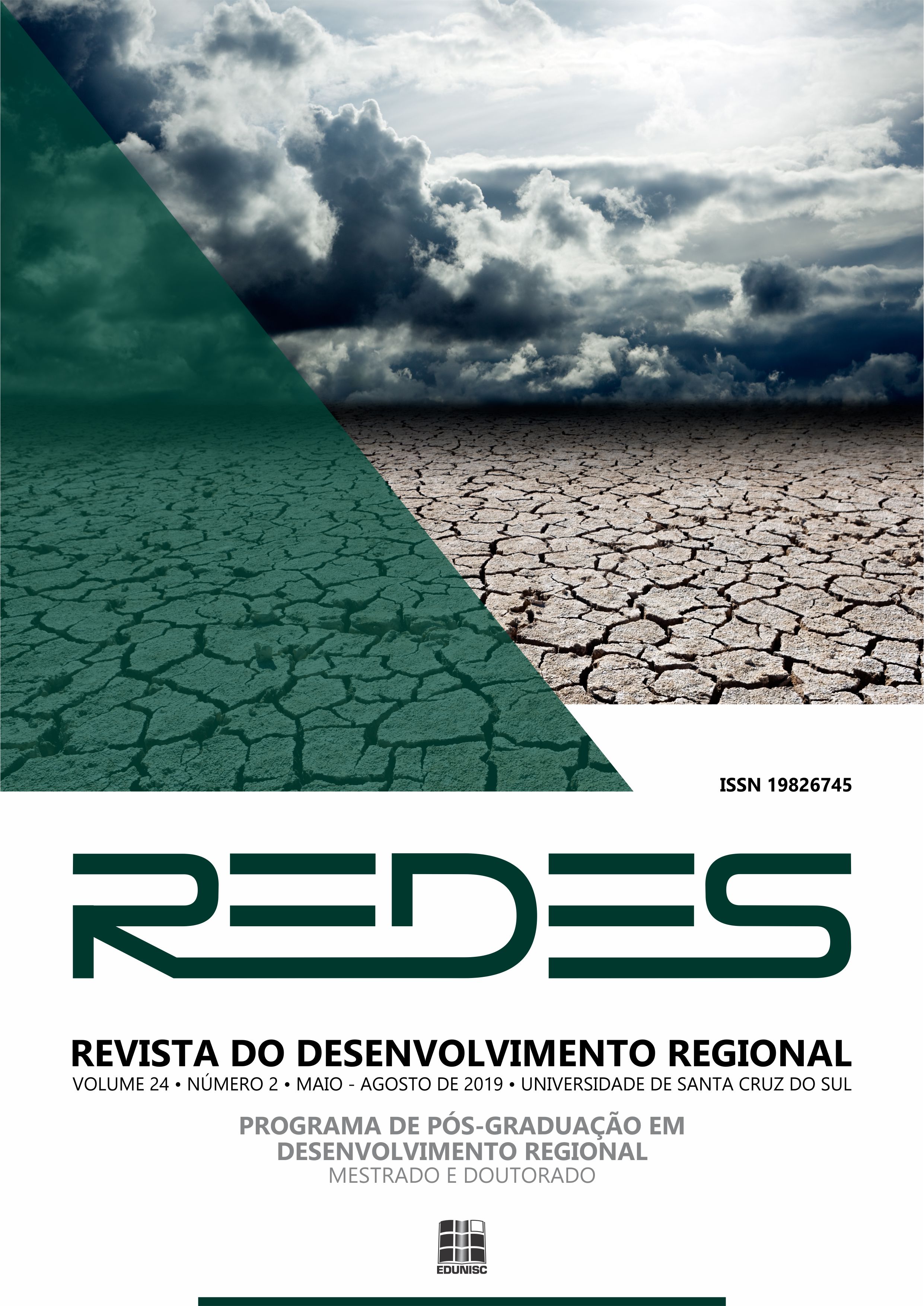Public policies and social mobilization in the context of the Rio Doce disaster
DOI:
https://doi.org/10.17058/redes.v24i2.13040Keywords:
Social and environmental disaster. Public Policies. Civil society. Instruments of public policy.Abstract
This article aims to analyze changes in the collective action of civil society and in patterns of its relationship with the State as they emerge in the post-disaster socio-environmental context regarding the Rio Doce disaster. It seeks to assess the actions of the State and the participation of civil society in this context, with consideration given to the instruments of public policy and the emergence of diverse forms of mobilization. The empirical object is defined by the decisions of state actors in different arenas and at federative levels, as well as by the forums of social mobilization and public audiences in the municipalities of Linhares, Colatina, and Baixo Guandú in Espírito Santo. The theoretical assumption is that changes in civil society and state and public policies are reciprocally constituted, and affect patterns of collective action and interaction with the state. In methodological terms, the research combines quantitative and qualitative methods with a set of research techniques and data processing instruments. The results allow us to grasp the processes of organizational innovation and institutional change that would not be possible in other contexts, given the exceptionality of critical conjunctures for the production of new political opportunities for both civil society and the state.Downloads
Download data is not yet available.
Downloads
Published
2019-05-03
How to Cite
Souza, L. A. M., & Carlos, E. (2019). Public policies and social mobilization in the context of the Rio Doce disaster. Redes , 24(2), 56-80. https://doi.org/10.17058/redes.v24i2.13040
Issue
Section
Post-disaster resilience: restoring regional development



